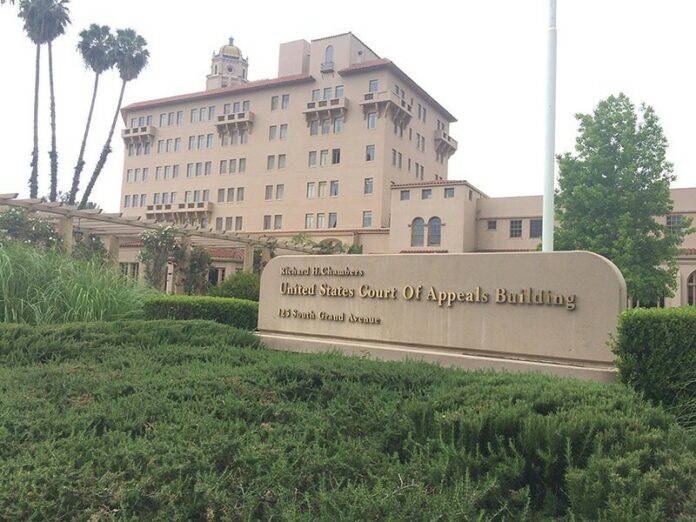In the latest development in the Andy Lopez civil lawsuit, The U.S. Court of Appeals for the Ninth Circuit has rejected a petition from Sonoma County attorneys that would have put a recent 2-1 appeals court decision in favor of the Lopez family, to a so-called “en banc vote from an 11-judge appeals-court panel.
This setback for the county is a significant development in the ongoing lawsuit against Sonoma County and an officer with the Sonoma County Sheriff’s Office.
Lawyers for the family of Andy Lopez filed paperwork in federal court several weeks ago asking that the Court of Appeals reject the county’s petition for a so-called “en banc” ruling.
A three-judge panel had ruled in favor of the Lopez family late in the summer in a ruling which would have kicked the case back to U.S. District Court for a civil trial. The county appealed and asked for an en-banc hearing, and the court ruled las week that it would not rehear the case.
The federal civil trial would be held to determine whether Erick Gelhaus can be held liable in the death of Lopez, who was killed by the SCSO officer late in 2013 while carrying a replica toy rifle in the Roseland neighborhood. The youth was also carrying a replica handgun.
The appeals court ruled earlier this year, 2-1, that there were enough facts in dispute to warrant a review by a civilian jury at the U.S. District Court. The county in turn appealed that decision and asked for the en banc proceeding, now rejected, by the judges who first heard the appeal. Two judges were against it, and one was for it.
“The full court has been advised of the petition for rehearing en banc and no judge of the court has requested a vote on it,” reads the paragraph-long ruling issued on Dec. 22.
Sonoma County, which has spent upwards of $4 million in taxpayer money to defend the SCSO and Gelhaus, against the Lopez suit, now has to decide whether to settle the case with the Lopez family, take its chances before the civilian jury at the District Court in Oakland—or appeal again and try to find an audience before the U.S. Supreme Court.
The latter is an unlikely scenario given that the Supreme Court, according to the U.S. appeals court website, “typically will agree to hear a case only when it involves an unusually important legal principle, or when two or more federal appellate courts have interpreted a law differently.”
The basic factual issues that would be presented to a jury center on whether Lopez was pointing his replica weapon at Gelhaus at the time he was shot, and whether the child had time to comply with a police order that he drop the weapon.









